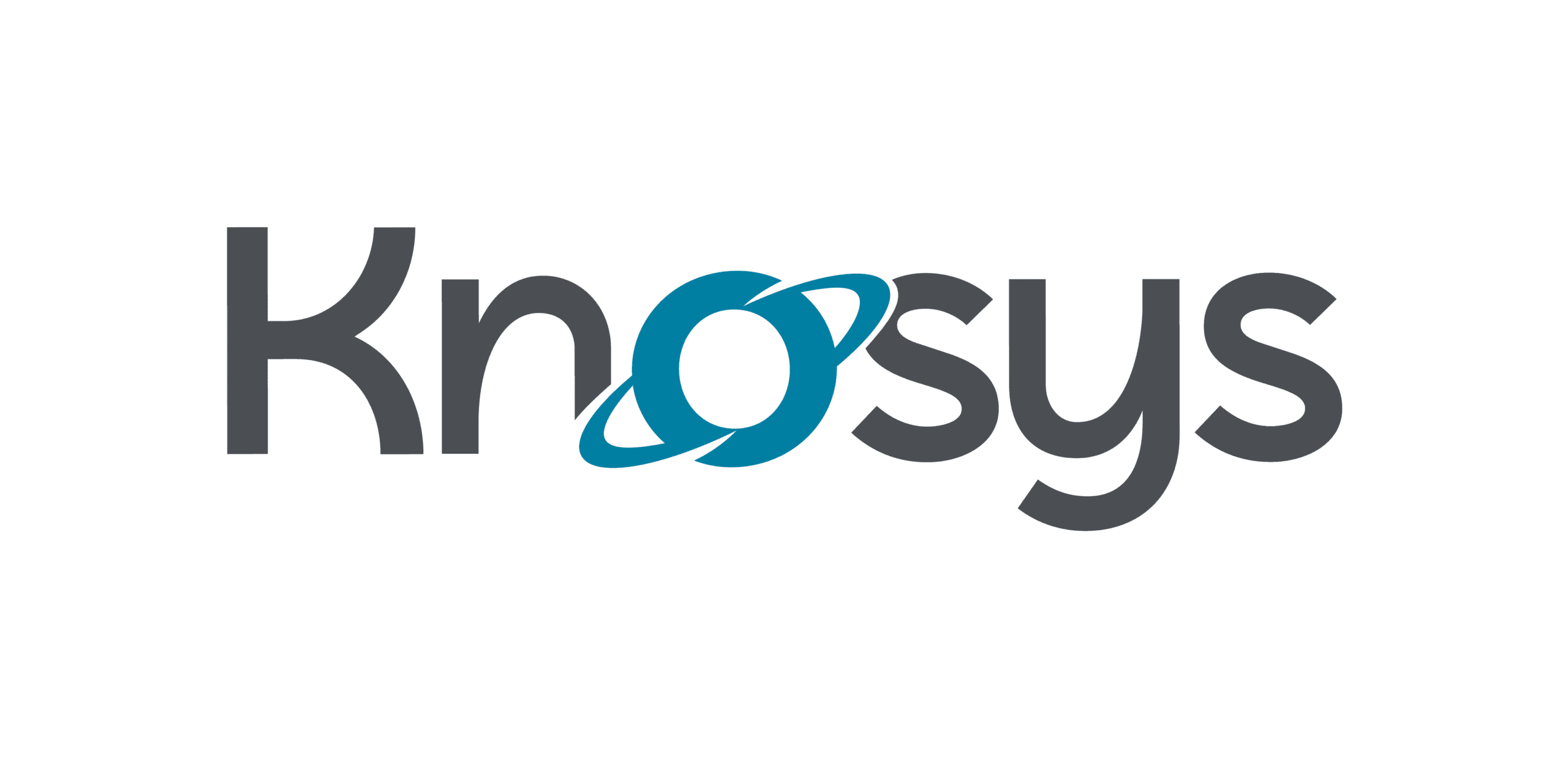In this post we are going to keep things simple and talk about the importance of managing expectations and staying in control of the things we can.
If you think back to the times in your life when you have been most worried, most anxious and most distressed, you’ll probably find that most times, the root cause has been a lack of control.
Whether you’ve worried about a relationship, a child, finances, issues with a house, issues with a job – anxiety is fuelled by a lack of control and a lack of ability to look beyond the worse case scenario and get some perspective.
We are all in a unique position right now to test how we manage when even the smallest details of our lives. So much of what we’ve always felt int control of, even taken for granted, has been ripped from our steady grip. We’re being told what to do, what not to do – we’re being tracked, our bodies are under siege. We’ve lost the physical form of contact with our village and possibly the worst part – we don’t know for how long.
As business owners, employees, public servants – our imminent roles and futures are covered under a blurry veil of the unknown. There is suddenly a huge element of the uncertainty and we are now anxious about things we never had cause to concern ourselves with. If we are not careful, the overwhelming circumstances can threaten to destroy the things we’ve worked so hard for. But if we’re practical, if we take a step back and plan to act upon all the things we CAN control – then our anxieties begin to dissipate, we see the opportunities and the silver linings and we begin to approach our work, our service our customers in a new way – with a more holistic, empathetic and long-term view.
What you can control:
In times of massive upheaval it’s useful to focus on what you can control and not become fixating on the things you can’t. This is a challenge, especially in business because we need to understand and prepare for our financial future and recognise our weaknesses. But when we focus on our strengths and what we can achieve, we can’t help but hope – because the future is bright.
Attitude
Your attitude toward managing a change in circumstances in a crisis is hugely important. Whether you’re experiencing an amplified need for your services or struggling with diminished demand for your goods and services; accepting what comes your way and approaching a solution with perspective gives you have a fresh place to start. Your attitude helps to create the space needed to think outside of the box, to look at alternative ways of practicing your everyday tasks and new and exciting ways to reach your core customers or client base.
Looking at what you can control, and benching the things you cannot helps you create a structured plan for maintaining business continuity and achieving goals, even if they goalposts have moved.

Image credit: Photo by Jehyun Sung on Unsplash
Leadership
The way you approach the concerns and needs of your staff is really important too. If your people know you have their back, they will feel more inclined to put in the effort to help the business thrive. Everyone wants to be part of a team and be part of something extraordinary. Leading by example is a great way to keep the story of your organisation positive and keep it moving. Customers and staff will experience and remember your brand and respond positively when you give everyone due respect and consideration. This could be as simple as checking in or organising a team happy- hour via a zoom meeting. It could be offering more flexibility or additional web-based training to empower your people and encourage their progression.
There is no limit to how supportive you can be or how powerful the response to your invigorated leadership efforts can be.
Resilience
Show your customers your dedication and resilience by informing and keeping communication open and transparent. Trust is so important in building and maintaining relationships with your customers, being honest and laying some realistic expectations is one way to prove they can trust you.
Prior planning prevents poor performance – whatever mantra you’ve heard – there is truth to these proverbs and while we can’t possibly predict the future or plan for every possibility – we can create robust systems and put measures in place to help us cope better and make quick adjustments easily.
Control starts with knowledge. You cannot control what you do not know – and your business can’t thrive without a structure of knowledge assets organised and communicable when you need it.
Your investment in knowledge may start with a simple conversation, a bit of research or a demo, but just taking that first step already gives you a huge opportunity to take more control, to be informed and to fulfill stakeholder, customer and employee expectations.
Image credit: Photo by Adi Goldstein on Unsplash
Visualisation
Your business is like a mixing desk. The service you provide is your produced, polished piece of music.
You should be able to manipulate individual parts, separate elements and tweak every aspect so that when combined – everything comes together to create something special. Using different processes, technologies, expertise and stepping back to appreciate it holistically is vital. To have complete control you’ve got to be dedicated to the outcome and see each part for its worth. You’ve got to invest in time, talent and passion for achieving high standards that you don’t compromise on. You’ve got to be willing to think creatively and to take chances but always keep your goal in mind. You have control, you have knowledge – you just need to bring it together.
Our team is here to help you become more secure, more in control and more proactively aware of every element of your business and its long-term impacts.
For more information on knowledge management and KIQ Cloud, check out our brochure or request a free demo or knowledge review.
{{cta(‘d1135934-20f7-49ec-a95e-3497a7f4ed8d’)}}
